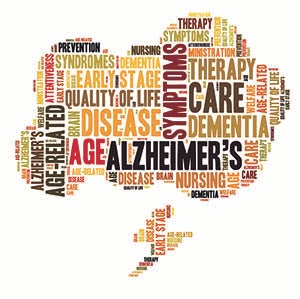Alzheimer’s Insights: A connection between walking and brain health
Published 12:00 am Monday, December 13, 2021
|
Getting your Trinity Audio player ready...
|
As we head into the new year, it’s a good time to form some new healthy habits. One health fact that everyone should know by now is that walking is good for you. Equipment is minimal – just comfortable shoes. There are no gym fees, no heavy weights, and you can certainly go at your own pace. Listen to music, think, let your dog enjoy the great outdoors with you. Taking into account what the weather may be on any particular day (after all, we live in Texas) it’s a great time to take a walk around the neighborhood!
A daily walk is not only good for your health, your waistline and your well-being – but also for your brain.
A study conducted at Massachusetts General Hospital saw brain health benefits in people who exercised modestly, but saw the highest results in those who walked 8,900 steps per day. That’s just under the 10,000 step goal many people aim for, and amounts to walking roughly 4.5 miles daily.
The Massachusetts study is among the first to prove the protective effects of exercise on the brain in people with high levels of beta-amyloid plaques but no symptoms of Alzheimer’s disease.
Other studies have previously shown that physical activity – even mild physical activity such as walking – is associated with a decreased risk of cognitive impairment. Researchers have found that inactive, but otherwise healthy, seniors who begin an exercise program experience significantly improved cognitive function.
Studies most consistently demonstrate the exercise must be regular and tend toward the more vigorous side.
In people with mild cognitive impairment, walking just 5 miles a week reduced brain atrophy and cognitive decline by more than 50%.
So lace up your shoes, put the dog on a leash, and hit the pavement! Your brain will thank you for it – and hey, you will probably get to enjoy seeing some holiday decorations, too!
And just a reminder – you can always get the latest information about the Association’s COVID-19 emergency preparedness guidelines for Alzheimer’s and dementia caregivers in long-term or community-based care settings here:
The Alzheimer’s Association leads the way to end Alzheimer’s and all other dementia – by accelerating global research, driving risk reduction and early detection, and maximizing quality care and support. Our vision is a world without Alzheimer’s and all other dementia. Visit alz.org or call 800.272.3900.
Scott Finley is Media Relations Manager for the Alzheimer’s Association® in Texas. He can be reached at scfinley@alz.org







